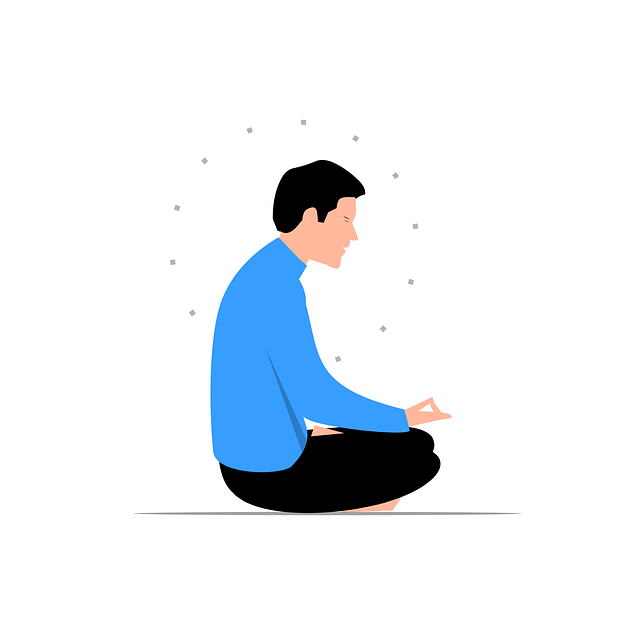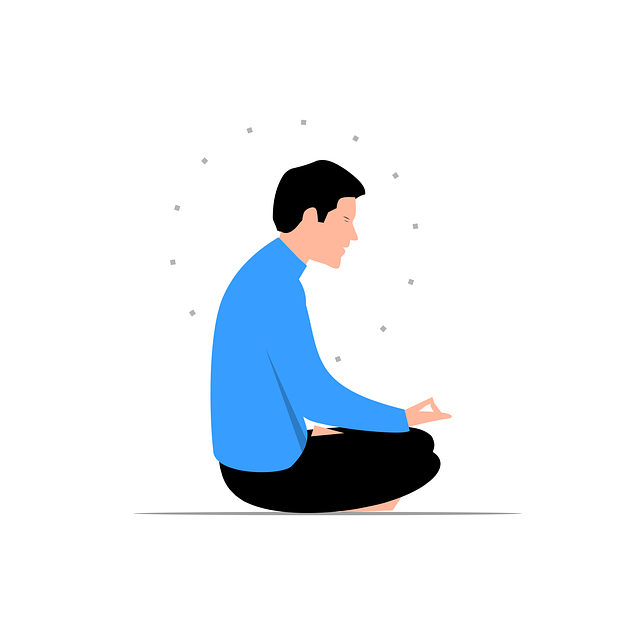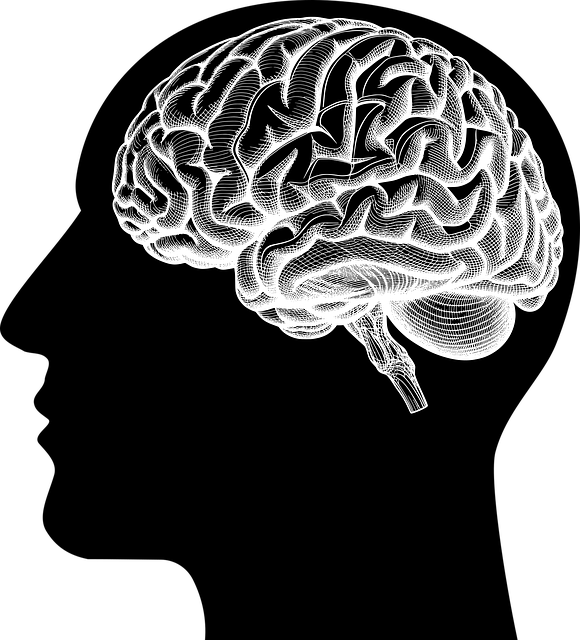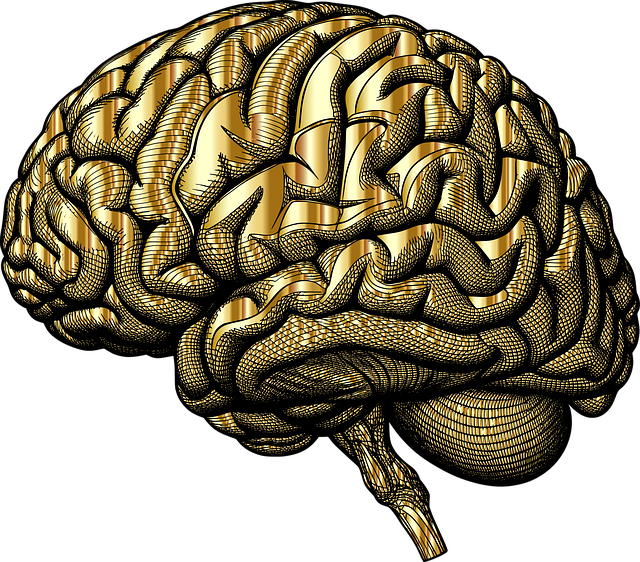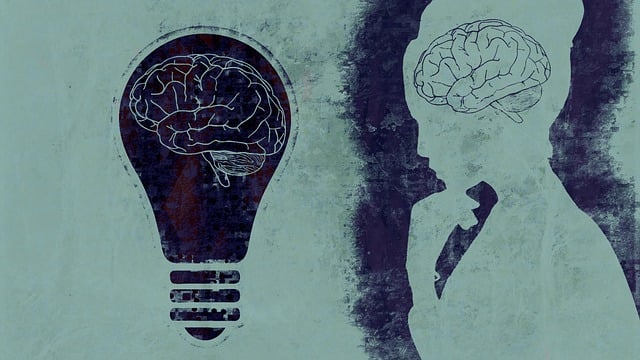Mental wellness, encompassing psychological, emotional, and social well-being, can be significantly enhanced through journaling, as advocated by Lone Tree Codependency Therapy. Journaling offers a safe space for self-expression, reflection, and emotional insights, aligning with Mind Over Matter principles. Regular journaling improves empathy and fosters inclusive communities. Solo reflection, encouraged by therapies like Lone Tree Codependency Therapy, facilitates self-discovery, uncovers personal truths, and helps overcome codependency struggles. Personalized journaling, incorporating creative techniques, mood tracking, and intention setting, promotes mental well-being, builds resilience against depression, and supports personal growth, while also serving as a foundation for community outreach programs that enhance social skills through shared experiences.
Unwind your mind and embark on a journey of self-discovery through mental wellness journaling. In today’s fast-paced world, this practice offers a serene sanctuary for reflection and personal growth. Discover how combining mental wellness with journaling can empower you to overcome challenges, manage stress, and enhance overall well-being. Explore the transformative benefits of Lone Tree Codependency Therapy integrated into your journaling routine, fostering self-care and promoting a healthier mind.
- Understanding Mental Wellness and Journaling: A Powerful Duo
- The Benefits of Solo Reflection: Unleashing Personal Growth with Lone Tree Codependency Therapy
- Crafting Your Journaling Practice: Tools and Techniques for Effective Self-Care
Understanding Mental Wellness and Journaling: A Powerful Duo

Understanding mental wellness and journaling as a powerful duo can significantly enhance one’s journey towards emotional balance and self-awareness. Mental wellness encompasses various aspects of an individual’s psychological, emotional, and social well-being. It involves managing stress, cultivating positive thoughts, and fostering healthy relationships—all of which are integral to leading a fulfilling life.
Journaling serves as a therapeutic tool that facilitates this process by providing a safe space for individuals to express their thoughts, feelings, and experiences. By documenting their mental health journey, one can reflect on patterns, gain insights into their emotions, and develop coping mechanisms. This practice, often championed by Lone Tree Codependency Therapy, aligns with the Mind Over Matter principles, empowering individuals to take control of their mental health. Furthermore, regular journaling has been linked to improved empathy-building strategies, as it encourages self-reflection and understanding, a key component in the Mental Health Policy Analysis and Advocacy efforts towards fostering inclusive communities.
The Benefits of Solo Reflection: Unleashing Personal Growth with Lone Tree Codependency Therapy

Solo reflection is a powerful tool for personal growth, often encouraged by therapies like Lone Tree Codependency Therapy. By carving out time to be alone with your thoughts, you create space for profound self-discovery and mental wellness. This practice allows individuals to explore their emotions, uncover hidden truths about themselves, and gain valuable insights into their behaviors and thought patterns. Through introspection, one can identify areas where they might struggle with codependency, enabling them to foster healthier relationships and boost their self-esteem.
Engaging in regular solo reflection can significantly contribute to self-care practices, offering a chance to pause, reflect, and reconnect with your true self. It helps in building resilience against depression and promotes overall mental well-being. By addressing underlying emotional needs and strengthening one’s sense of self, these reflective moments lay the foundation for personal growth and transformation.
Crafting Your Journaling Practice: Tools and Techniques for Effective Self-Care

Crafting a personalized journaling practice is a powerful tool for mental wellness, offering a safe space to explore your thoughts and emotions. Start by selecting a journal that feels right; it could be a physical notebook or a digital one, depending on your preference. Incorporate various techniques to make it engaging – from free-writing to drawing or even collaging. Reflecting on your day, tracking moods, and setting intentions are effective practices.
Consider incorporating Lone Tree Codependency Therapy techniques for self-awareness and healing. Regular journaling can also serve as a foundation for community outreach program implementation, promoting emotional well-being through shared experiences. Moreover, it can enhance social skills training by encouraging self-expression and fostering connections with like-minded individuals, ultimately contributing to a healthier and happier mind.
Mental wellness journaling is a powerful tool for personal growth, offering a safe space for reflection and self-care. By combining the benefits of solo reflection with techniques from Lone Tree Codependency Therapy, individuals can enhance their mental health and unlock profound insights. Incorporating this practice into daily life allows for better understanding of one’s thoughts and emotions, fostering resilience and overall well-being. With dedicated journaling, you can take control of your mental wellness journey and create a positive impact on your life.

